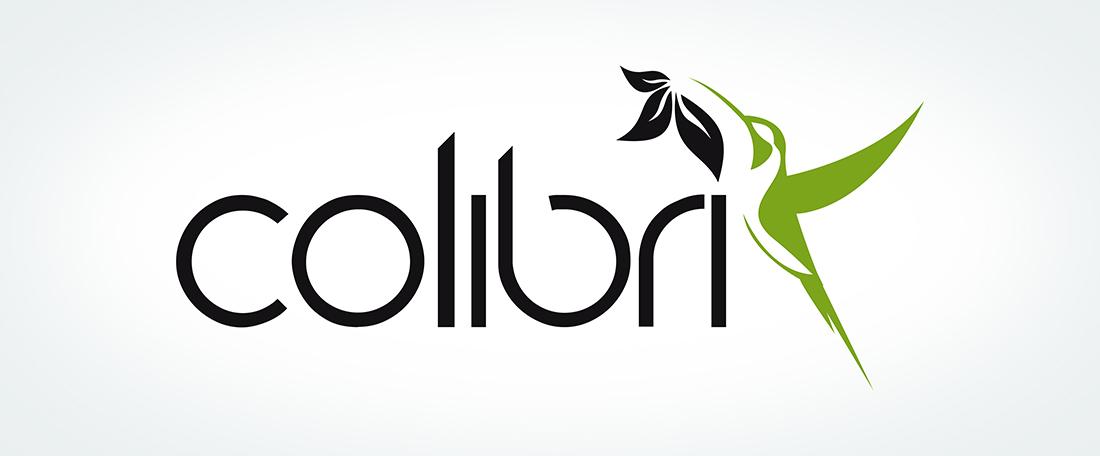
Flying privately eliminates as many as 680 “person-to-person touch points” rather than traveling by commercial airline—potentially reducing the chances of contracting the coronavirus leading to COVID-19, according to Colibri Aircraft, a London-based private jet broker.
“Transport is a key one as most private jet users travel to the airport by car, as opposed to the tube or train,” a Colibri spokesperson says. “Passengers also spend a lot less time at the airport, so this means a dramatic drop in touch points.”
Private aviation offers terminals with significantly fewer people in them, less idle time, no shopping or restaurants, no ticket agents, boarding passes, kiosk machines, baggage handlers or lines to check bags or for immigration. In addition, private terminals are able to be cleaned and disinfected more thoroughly and frequently and the aircraft have fewer or no other passengers on them, it said.
The airlines have canceled thousands of routes as a result of the pandemic, making it more difficult or impossible to reach certain destinations, Colibri says. The time a passenger spends on board a commercial flight could increase dramatically as new health measures are introduced by the airlines and at airports.
The cost of airline travel is also likely to increase with airlines under pressure because of financial losses from fewer passengers as they try to avoid large crowds in small spaces.
At the same time, employers will be even more conscious of their duty of care to staff traveling on business, so many who would normally fly on first-class commercial flights may now be offered the option of traveling by private aircraft to help ensure their safety.
The pandemic has had a devastating impact on commercial and private aviation. But when the recovery comes, private aviation may be the first to bounce back, said Oliver Stone, Colibri managing director.



